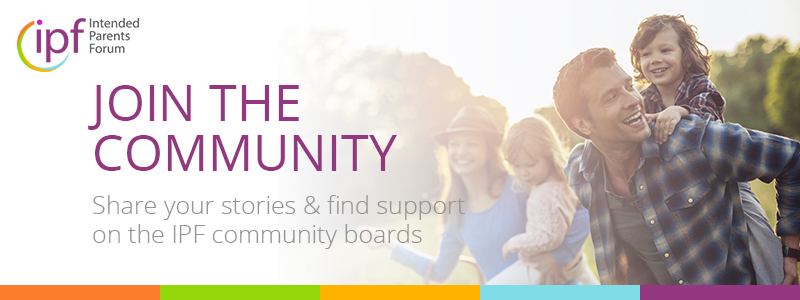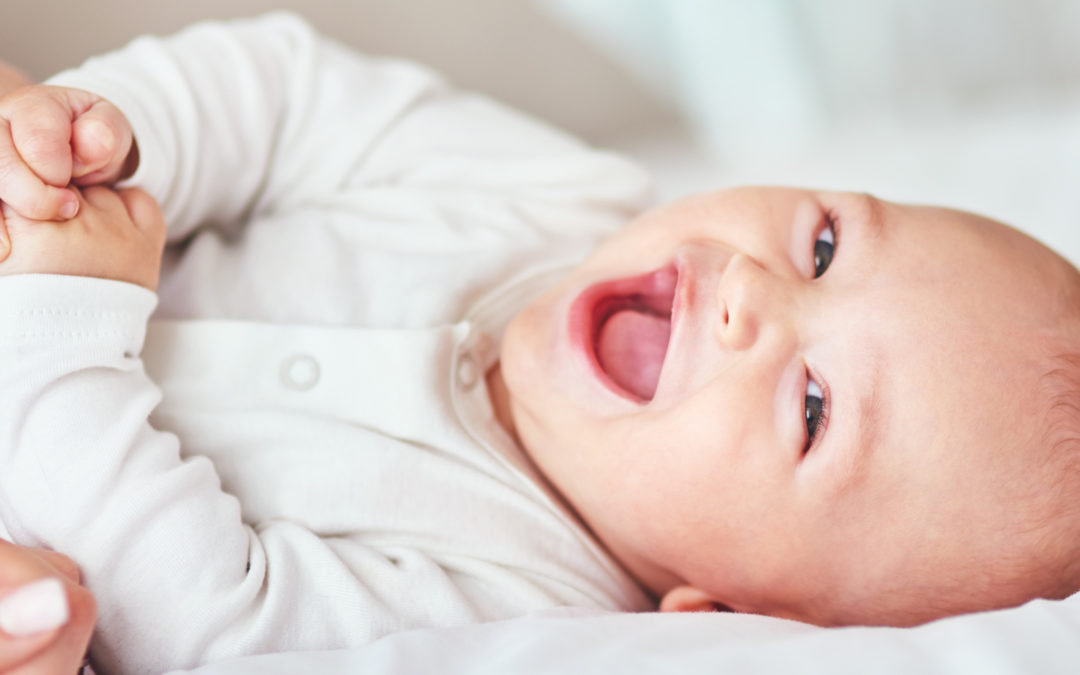Helping a family by donating eggs might get you thinking about the day when you start to create your own family. Chances are you don’t want a baby yourself right now, but someday you probably want to be a mom. Women who are thinking about donating sometimes worry that being so generous now could affect their own ability to have kids later. Here’s the short answer: it won’t. Whew!
Research has never shown any evidence that egg donation affects future fertility, and a recent small study in Belgium which followed up with egg donors after their donation found that out of 60 women, 54 got pregnant within a year once they started trying, and three more got pregnant within 18 months, all without needing any help. The final three women all got pregnant too, after fertility treatment, but two of those needed treatments because of fertility problems with the male partner. Still worried? Here are some answers the most common questions we get about this topic.
Does donating eggs deplete my egg supply?
This is the most common myth about egg donation. It makes sense why people worry about that. When you ovulate naturally, your body releases one egg. When you donate eggs, your body might mature 10 to 20 eggs per cycle. Here’s the thing: every cycle, your body starts to mature 15 to 20 eggs, which all fight it out to be the one winner that makes it to ovulation. The losers get reabsorbed into your body and disappear. The only difference in an egg donation cycle is that your body matures all of those eggs at once. At the end, you have the same amount of eggs left in reserve that you would’ve had anyway.
Will the fertility medications affect my hormones in the future?
Studies have shown that using fertility medications does not have long-term consequences for fertility. Basically, they boost your hormones while you’re taking them, but they leave your body quickly once you stop. It can take a couple of months for your period to go back to its regular schedule, but that’s not a cause for concern.
What about possible complications?
Egg donation is very safe, but like any medical procedure, it isn’t completely without risks. There are some rare complications that can happen. Ovarian hyperstimulation syndrome (OHSS) is when your body overreacts to fertility medications, and it can cause bloating and cramps. In very, very rare cases, OHSS can lead to a condition called ovarian torsion, where an ovary twists and causes severe pain and possible damage to the ovary. The risk of ovarian torsion is less than 1%, and to reduce the risk even more, your doctor will recommend that you take it easy with exercise and high impact activities while you’re donating.
What can I do to protect my future fertility?
Whether or not you decide to donate eggs, thinking about the future now can help your chances of getting pregnant when you want. At this stage, lifestyle choices are the most important part of protecting your fertility, but you can also get help from your doctor.
- Stay fit
Diet and nutrition can have a big impact on fertility. Being significantly over or underweight can make it harder to conceive when you’re ready, by messing with hormone production which can affect how you ovulate. Nutrition is also important. In particular, trans fats have been shown to disrupt ovulation, but a good balance of protein, slow-release carbs and healthy fats will ensure that your body has everything it needs to be ready to reproduce. Regular exercise is great for staying in shape and lowering stress levels, which are both great for your fertility. When you’re working up a sweat, though, be careful that you’re not over-exercising. Even if your BMI is normal, super strenuous exercise can stress your body so much that it changes the way it makes hormones.
- Don’t smoke
We all know that nicotine use is terrible for us in many ways, and it’s specifically terrible for fertility. The cell damage caused smoking extends to your ovaries, and it’s known to damage your eggs. Smoking can also cause you to enter menopause sooner, which is game-over time for getting pregnant.
- Keep alcohol and caffeine use in check
Alcohol and coffee aren’t quite as bad for you, but they should be used in moderation. Binge drinking can seem like a natural part of life in your college years and 20s, but the damage it causes can lead to irregular cycles. Coffee isn’t as big a deal and the research on caffeine and fertility is unclear, but there is some evidence that high doses (more than two cups a day) could cause problems.
- Stay aware of your sexual and cervical health
One of the most important things you can do to protect your fertility is to practice safer sex and get regular screenings for sexually transmitted infections. Untreated STIs can cause huge issues in the future by damaging your fallopian tubes, causing inflammation and scarring, and other awful problems.
The worst part is that many of the STIs that are most dangerous to your fertility are really, really sneaky. With no obvious symptoms, you might not even know you have it until it has already caused damage. The good news is that many of these infections can be treated with an antibiotic or managed with antiviral medications, so get tested! If you’re under 26, make sure you get the HPV vaccine, to protect yourself from cervical cancer, and all women should head to the doctor for regular pap smears.
- Get a fertility check up
Knowledge is power. For anyone who’s wondering what time it is on your particular biological clock, fertility testing can give you a snapshot of your ovarian reserve and hormone levels. The best part? One of the benefits of donating your eggs is that you can get all this information for free!
- Consider freezing your eggs
This option is growing more popular with young women who have big plans for the next decade: school, career, relationships, travel. Freezing your own eggs now, when you’re at your peak fertility, lets you press pause on their aging. Younger eggs are higher quality eggs, and higher quality eggs offer much better success rates. There are no guarantees, but it is an amazing way to boost your chances of getting pregnant when you’re older. Bonus points: egg freezing is the exact same process as egg donation, so if you’ve already donated, you’ll know exactly what to expect! Think it’s too expensive? Think again. You could use your compensation from egg donation to defray the costs, or look into a payment plan. It can be much more affordable than you think!
Egg donation doesn’t pose a risk to your future fertility, but researching all the benefits and risks is a really smart move. Congrats on asking questions and looking out for your own health and future! This kind of self-care is so important: donating your eggs to a family struggling with fertility is such a huge act of compassion, so you have to remember to be kind to yourself, too.
Have more questions? Visit our directory of egg donation agencies and get into contact with a local Egg Agency today.
We couldn’t have said it better, that is why this is a direct re-post from Bright Expectation Surrogacy


